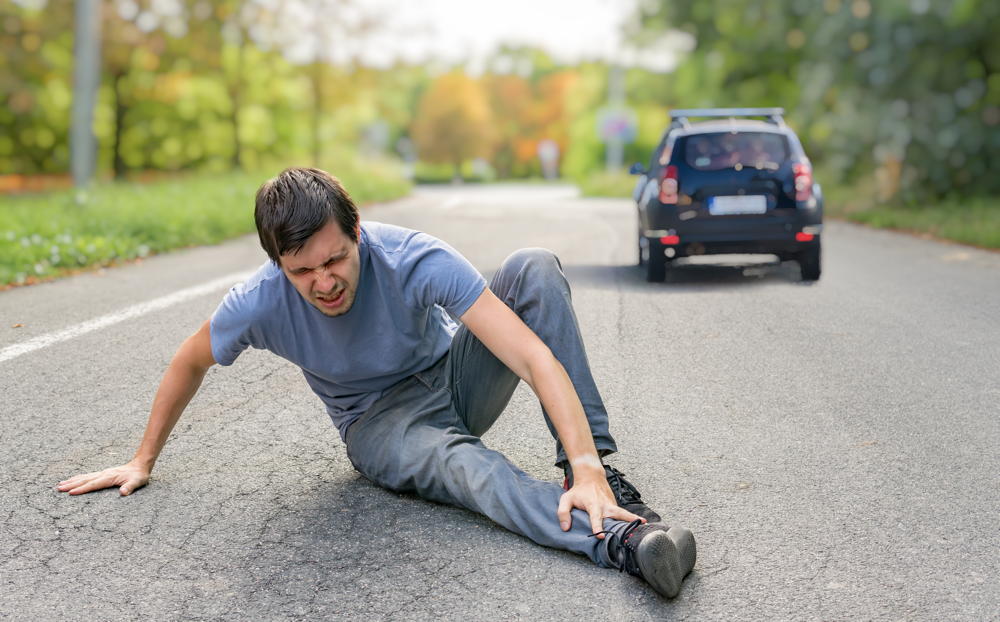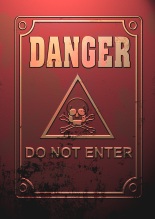Expert Help for OCD
Take Your Life Back from OCD
Offering expert treatment for all types of OCD, including unwanted obsessional thoughts. Our OCD treatment program is typically 10 weeks. We offer twice-weekly sessions, groups, and intensive programs. Intensive program can be in person or online. Low cost options available. Contact us...
Behavioral Wellness Clinic
392 Merrow Rd, Suite E,
Tolland, CT 06084
Office: (860) 830-7838
OCDTYPES
Obsessive-compulsive disorder comes in many forms
Doubts about Causing Harm by Accident in Obsessive-Compulsive Disorder
Anxieties About Actions and Responsibility for Harm
People with OCD often feel very responsible for their actions, and sometimes even for events that are outside of their control. They may doubt if they performed an important task correctly, or even if they performed it at all. As a result, their primary compulsion tends to be repetitive checking. It's no surprise that OCD is often called the disease of doubt.
Many fear that harm will come to loved ones or others because of not being careful enough.
Common themes and fears of harm:
- Auto accidents involving pedestrians or other drivers
- Causing a home fire
- Causing flooding in the home
- Leaving a door unlocked resulting in a break-in
- Leaving a sharp object where a child could find it
- Accidentally poisoning someone

People who repeatedly doubt are often thought of as having a fear of causing harm or fear of being responsible for harm. Individuals whose main obsessional symptoms fall within this category typically experience intrusive images, impulses, and fears related to the possibility of harming themselves or someone else by means of carelessness or negligence. For example, some of the more common harming fears include the fear of hitting a pedestrian while driving or the fear of forgetting to turn off the stove before going to bed, thereby leading to the death of a loved one in a subsequent fire. Accompanying the fear of harm is often an excessive feeling of doubt, dread, or uncertainty. Such people may have no concerns when others perform these actions as it relieves the OCD sufferer of the burden of responsibility of having caused the harm, should harm result. It's important to keep in mind that this is not the same as people who worry they may cause harm on impulse or purpose.
People with obsessional doubt also tend to report being doubtful of their own memory of their actions, and there has been some research into the idea that people who repeatedly check may have some actual memory problems. Studies have generally found that OCD patients who check are less confident in their memories and have poorer performance on certain types of memory tasks. It is not completely clear if this is an actual brain problem or simply interference from high levels of anxiety.
Common Doubting Fears
Accidentally hitting a pedestrian while driving.
One common doubting fear is accidentally hitting a pedestrian while driving. The person with OCD might see someone on the side of the road and drive by them. After turning the next street, they may start to worry that the little bump they felt in the road was actually their car hitting the pedestrian. The person knows deep down that they did not hit the pedestrian, but they will be plagued by "what if..." Usually the person with OCD knows their obsessions are just that, obsessions. An obsession such as this especially that is a little more far fetched. But, the obsession will contrive some elaborate possibility, leaving that shred of doubt. The OCD sufferer is likely to ruminate until the doubt gets so intolerable that they must turn around and drive back to where they last saw the pedestrian.
When going back to the spot, the OCD sufferer may then worry that they misremembered the spot or that the body flew far from the spot after being hit, and for example, landed at some hidden angle in a ditch. Numerous thoughts could pop up such as a concern the person is laying there suffering. Depending on the severity of the the OCD, the person could continue to check the area over and over or continue to think about every detail they remember to convince themselves that they did not hit the pedestrian. With OCD obsessions such as this, the person might even fear seeing a pedestrian, knowing they will go through this stressful thought process after they pass them. Some people with OCD give up driving due to these concerns.
Leaving on a stove, oven, curling iron, or hair dryer...
A more common and potentially feasible fear is leaving on a hot items that can cause a fire. This includes things like the stove, oven, curling iron, or hair drye. With OCD the actual obsession is ultimately irrelevant, as no matter how big or small it can be equally torturous. Obsessions such as forgetting to turn off the stove could almost be worse than the fear of hitting the pedestrian. Deep down the OCD sufferer probably knows they didn't hit a pedestrian, but even a person who doesn't suffer from OCD could have such a concern. Someone might have left the home 5 minutes ago and have the fleeting worry that they forgot to unplug the hair dryer. Anyone might be prompted to go home and check the stove, but an OCD sufferer will go check, and then leave a second time only to doubt they correctly checked the switch and go back a second or third time (or more depending on the severity). If this is a main obsession, the OCD sufferer would have this fear every time they leave the house, whereas this would happen to a person without OCD very rarely.
 A common compulsion with this is where the person with OCD stares at the switches on the stove, then leaves the room, only to come back in and check again before even leaving the house. Sometimes people with OCD feel a certain comfort or symmetry checking things a certain amount of time. So, the OCD sufferer may look at each switch four times, then leave the room, and come back and do this four times (checking four times each time). Someone with OCD may not have a checking number that feels right, but they are at least likely to have a specific system that convinces them that they have checked properly and thoroughly. Much in the way a person with contamination fear overdoes it when they wash their hands, a person checking the light switch is probably doing so in an extreme way. People with OCD have even been known to take pictures of certain items to reference later to be sure they are turned off.
A common compulsion with this is where the person with OCD stares at the switches on the stove, then leaves the room, only to come back in and check again before even leaving the house. Sometimes people with OCD feel a certain comfort or symmetry checking things a certain amount of time. So, the OCD sufferer may look at each switch four times, then leave the room, and come back and do this four times (checking four times each time). Someone with OCD may not have a checking number that feels right, but they are at least likely to have a specific system that convinces them that they have checked properly and thoroughly. Much in the way a person with contamination fear overdoes it when they wash their hands, a person checking the light switch is probably doing so in an extreme way. People with OCD have even been known to take pictures of certain items to reference later to be sure they are turned off.
Leaving a door or window unlocked resulting in a robbery.
Another common doubting fear is leaving a door or window unlocked, resulting in a robbery. This is very similar in nature to the fears of causing a fire. The fear of hitting a pedestrian or burning down your house certainly sounds horrifying, but if a fear of leaving the door unlocked is the obsession of the week, then the doubt would bother every bit as much. It is not the severity of the level of disaster that causes the distress, but rather the severity of the OCD. For these doubting fears it is very likely that a person who worry's the forgot to lock their dorr is also probably worried they forgot to turn off the stove as well. Worries about checking locks may be reasonable if one lives in a high crime area, but people with OCD will worry even when there is no danger present.
OCD worries always lead to compulsions of some sort. Read more about the type of checking compulsions performed by people with doubt and harm themed OCD.

